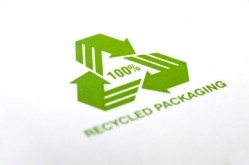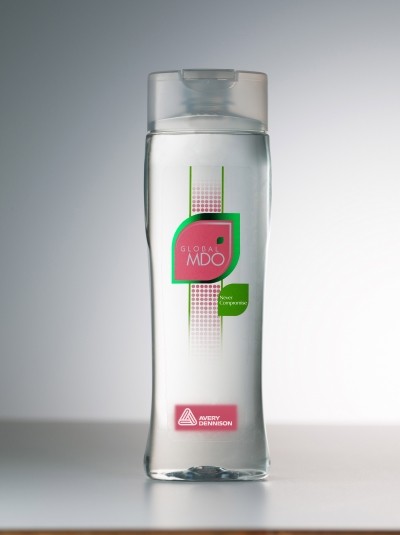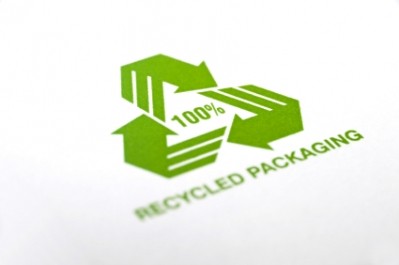Recycling of full body sleeve labels on PET is now a ‘critical issue’

The news comes as an industry consortium aimed at tackling the problem of full-wrap labels on PET bottles in the recycle stream has been established and is due to meet again next month to assess potential solutions to the problem.
The first meeting held in August of last year addressed how labels are creating challenges in the recycling process alongside potential solutions and the second, held in November, considered the viability of potential solutions and identified critical success factors.
Serious issue
APR president, Steve Alexander told Cosmetics Design’s sister publication FPD that the issue is now hitting critical levels.
“We see more of the full body sleeve labels each month and expect to see more as marketers use the sleeve labels to greater advantage. Sleeve labels have many positive characteristics, such as absence of adhesives and coloured bottle plastic.”
Alexander further noted that packaging designers and suppliers need to keep their decisions within the realm of what is helpful and avoid magnifying the difficulty of recycling their package.
“Reclaimers update their capability constantly, but you cannot buy what does not exist and should not buy what is unaffordable. If some sleeved bottles stop the recycling systems, they become unrecyclable and should be so identified,” he explains.
Industry getting on board…
Eastman Chemical Company, a supplier of polymers and emollient esters to the cosmetics industry is heading up 30 companies that aim to develop solutions that will benefit all involved parties.
The group is comprised of finished goods manufacturers, resin and label producers, film extruders, print converters, equipment manufacturers, bottlers and packagers, recyclers and testing firms.
According to the chemical supplier, as full-wrap labels become more popular due to increased shelf appeal, many PET bottles have also been downgauged and the combination of these two elements has exacerbated the challenge recyclers’ face in processing these PET containers.
“We want to find solutions that will allow brand owners to continue using these labels to secure brand recognition, shelf appeal and market share while mitigating the challenges recyclers are experiencing,” explained Eastman's market development manager, Holli Whitt.
Possible solutions
According to APR’s Alexander, floating labels is the surest route to separate label from PET bottle flake. “Perforated labels that survive the package’s use stage and then completely liberate in the recyclers’ pre-wash step would be very good. To date the right perforation process has not been identified.”
“Another very serious issue is the ability of all of the very expensive automatic sorting machines to properly identify the plastic of the bottle when the label shields the bottle from the detectors. This problem costs the municipal processers and the reclaimers with misidentified bottles,” he concluded.















